Empowering Women and Girls through Digital Technology
ITU Gender and Youth Office
Session 345
ITU160 Gender Champions Workshop
Empowering Women and Girls through Digital Technology is an interactive workshop session co-created by the 10 ITU160 Gender Champions as part of the 2025 WSIS+20 High-Level Event in Geneva. It celebrates ITU’s 160th anniversary and the accomplishments of exceptional young women from around the world who are advancing gender equality through digital innovation.
This session emerges from a vision of a more inclusive, safe, and empowering digital future for women and girls, especially those from underrepresented or underserved communities, such as those living in developing countries or conflict-affected regions. By offering a space for dialogue and connection across generations and sectors, the workshop contributes to building a more gender-responsive and participatory Information Society.
Participants will engage in a dynamic 45-minute programme that will feature a high level conversation will explore the intersections between gender, digital rights, education, safety, and employment. The centerpiece of the session is the Speed Dialogue with the Champions, where participants rotate between stations to hear personal stories and project insights from the young women and are also invited to reflect and exchange.
This workshop is a successful model of youth empowerment and participatory digital governance. It builds on ITU’s long-standing commitment to gender equality and the WSIS framework. It also underscores Canada’s continued support for gender-transformative ICT development.
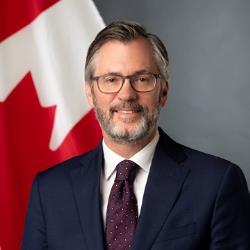

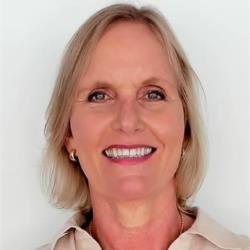
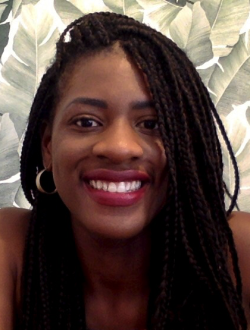
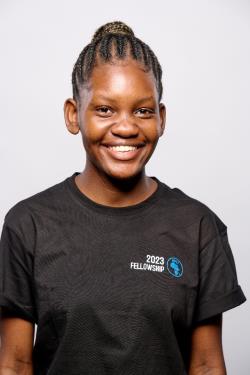
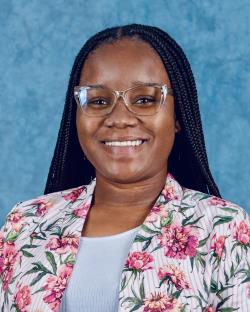
.jpeg?maxwidth=250)

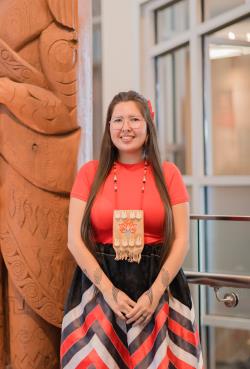

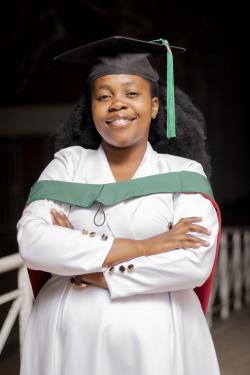

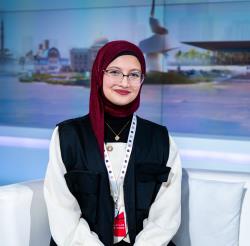
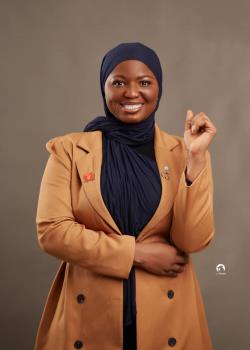
-
 C1. The role of governments and all stakeholders in the promotion of ICTs for development
C1. The role of governments and all stakeholders in the promotion of ICTs for development
-
 C3. Access to information and knowledge
C3. Access to information and knowledge
-
 C6. Enabling environment
C6. Enabling environment
C1 (Role of governments and all stakeholders in the promotion of ICTs for development): The workshop facilitates dialogue among youth leaders, government representatives (e.g. Canada), and ITU officials to promote gender-transformative digital strategies.
C3 (Access to information and knowledge): The workshop showcases how young women are expanding access to digital knowledge for marginalized communities by creating inclusive, locally relevant, and gender-sensitive ICT solutions.
C6 (Enabling environment): The session models an inclusive digital policy environment by enabling direct dialogue between youth champions, ITU, and government representatives, promoting gender-responsive frameworks that empower women and girls in tech.
-
 Goal 4: Ensure inclusive and equitable quality education and promote lifelong learning opportunities for all
Goal 4: Ensure inclusive and equitable quality education and promote lifelong learning opportunities for all
-
 Goal 5: Achieve gender equality and empower all women and girls
Goal 5: Achieve gender equality and empower all women and girls
-
 Goal 8: Promote inclusive and sustainable economic growth, employment and decent work for all
Goal 8: Promote inclusive and sustainable economic growth, employment and decent work for all
-
 Goal 10: Reduce inequality within and among countries
Goal 10: Reduce inequality within and among countries
The session directly supports the following SDGs:
- SDG 4 (Quality Education): By promoting digital inclusion and showcasing youth-led initiatives that foster ICT skills, the workshop advocates for equitable learning opportunities, especially for girls and young women in underserved areas.
- SDG 5 (Gender Equality): The session is a clear example of gender empowerment through ICT, amplifying the voices of young women and enabling dialogue on barriers and solutions for digital gender equality.
- SDG 8 (Decent Work and Economic Growth): Several champions work in or promote access to ICT-related employment. The session highlights how digital skills contribute to better job prospects and inclusive economic participation.
- SDG 10 (Reduced Inequalities): The workshop brings attention to structural inequalities in digital access and use, particularly in developing countries and conflict settings. It pushes for policies that reduce gendered digital divides within and between countries.